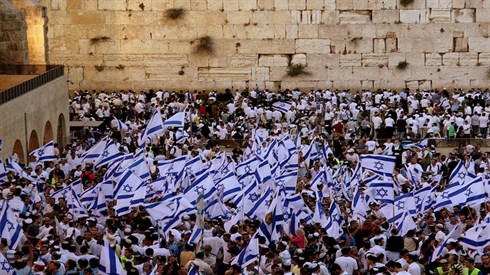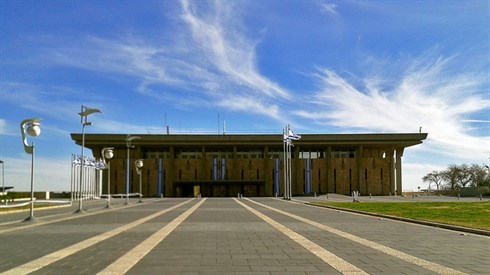875
Question
I wonder what is a woman’s status in the religious world? What is her value in a religious perspective?
I would also like you to show me sources proving your answers.
Answer
The question is many faceted and would require an essay (or book) far longer than the limits of this forum allow. I believe that the word “attitude” may get us into trouble here. The Torah seems to assume a diversity of roles within the community and relating to religious practice. Women are exempt from certain commandments and practices, while expected to take the main role in others (tithing dough "Challah", lighting candles on Shabbat, care in matters of "Tahara" - ritual purity). What attitude these distinctions imply may depend on the social and emotional setting in which they are observed. Some Jewish thinkers (notably the MaHaRaL in his Drasha Al HaMitzvot) saw the exemptions as an indication of a womans higher spiritual state, while others (Rabbi Shimshon Raphael Hirsh for one) saw them as indication of different spiritual orientations.
It is clear that there are many Torah rules that seem to discriminate against women. For instance a man may divorce his wife against her will according to Torah law, yet it is clear that the Rabbis always discouraged this, and for over one thousand years it has been outlawed in Ashkenazi communities. The situation seems to be that when a certain law creates discrimination within a specific social context (while the same law in another context may have been though to be to the woman’s honor or benefit) the Rabbis have changes the law where feasible halachically.
Another example. A woman may not testify in court. In a society in which witnesses were subject to much pressure and women would not be able to easily defend themselves this exemption is certainly to the woman’s benefit. In our society it seems insulting to many. Yet the Talmud recognizes the right of a Bet Din to rely on the testimony of a woman in many matters.
On another level completely, the beautiful chapter in proverb praising the woman of valor (ch. 31 0f Proverbs fron verse 10) indicates an extreme level of esteem for the woman who lives a life of values. The Song of Songs, which extolls the love of a man and woman as a metaphor for the love between G-d and man seems also to indicate that the woman who is worthy, just as the man who is worthy, is held in high esteem.
Since these comments are varied , maybe the question could be more specifically framed. I hope, though that this is helpful.

On which day may one start wishing "Shabbat Shalom"?
Rabbi David Sperling | Iyyar 9, 5780

Omer Days I can shave/cut hair
Rabbi David Sperling | Iyyar 2, 5774

Orthodox Jewish view on hell
Rabbi Ari Shvat | Nisan 13, 5774

Trimming the beard
Rabbi David Sperling | Iyyar 16, 5782

Egg slicer with grid
Rabbi David Sperling | Iyyar 1, 5785

Blessing for non jew
Rabbi Yoel Lieberman | Nisan 23, 5785
Separate beds while niddah
Rabbi Gideon Weitzman | Nisan 13, 5785





